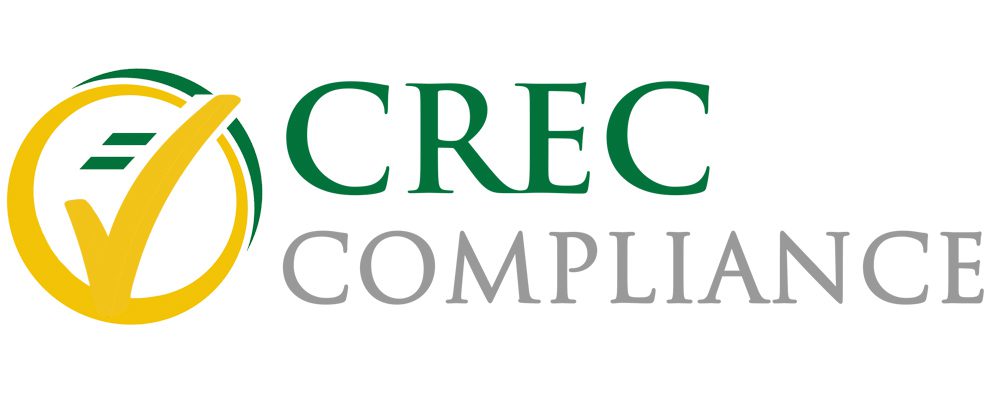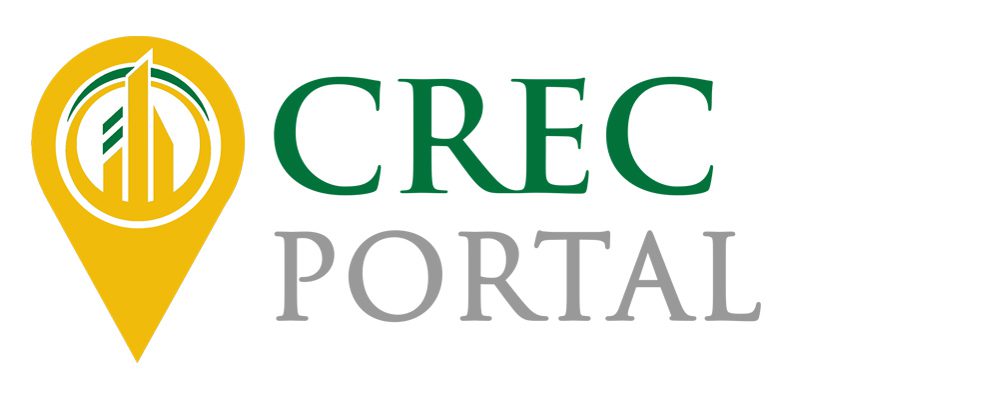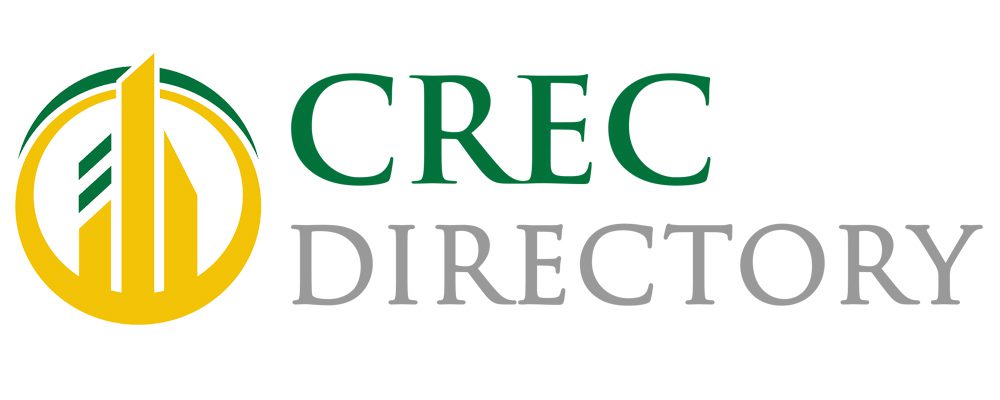The State of Delaware stands on the cusp of a significant transformation with the introduction of new regulations governing the cannabis industry. Slated to commence operation of 30 marijuana retail outlets by September 2024, with adult-use sales expected to follow in the spring of 2025, these regulations mark a pivotal moment in the state’s approach to cannabis. This post aims to demystify the cannabis licensing process in Delaware, offering a comprehensive guide for entrepreneurs and investors eyeing opportunities within this burgeoning market. Understanding the intricacies of this process is crucial for navigating the competitive landscape and positioning oneself for success in Delaware’s cannabis industry.
Cannabis Licensing Overview
The Delaware cannabis landscape is set to expand with the authorization of numerous licenses across various segments of the industry. Specifically, the state will issue 60 cultivator licenses, 30 manufacturing licenses, 5 testing licenses, and permit the operation of 30 retail outlets. With most two-year licenses carrying a fee of $10,000, the licensing process promises to be both competitive and rigorous. Central to this process is the role of the newly established Marijuana Commissioner, who will oversee the issuance of licenses through a merit-based, competitive bidding process starting September 1, 2024.
Detailed Licensing Process
The timeline for the licensing process is meticulously planned, beginning with the acceptance of applications for all license types—including open, social equity, and microbusiness licenses—on September 1, 2024. The Commissioner is set to start issuing licenses from October 1, 2024, with a structured rollout plan for different types of licenses across subsequent months. This phased approach ensures a controlled and equitable distribution of licenses, catering to various segments of the cannabis market from cultivation and manufacturing to retail and testing.
Special License Categories
Delaware’s cannabis regulations highlight a commitment to social equity and support for small businesses through the introduction of special license categories:
- Social Equity Licenses: Aimed at rectifying the disproportionate impact of past marijuana enforcement, these licenses are reserved for Delaware residents who meet specific criteria related to residency in impacted areas or personal or familial history with marijuana-related offenses.
- Microbusiness Licenses: Designed to foster small-scale operations, these licenses are available for applicants with smaller cultivation or manufacturing facilities, emphasizing local ownership and employment.
- Open Licenses: These licenses cater to businesses that do not qualify for the social equity or microbusiness categories, covering a wide range of operations within the industry.
Application Criteria and Considerations
The licensing process in Delaware is comprehensive, with a broad array of criteria considered for all license types. Applicants must present a detailed business plan, demonstrate experience and expertise, and outline plans for safety, security, and the prevention of diversion. Additionally, the state places a strong emphasis on social responsibility, requiring applicants to detail their diversity goals and plans for providing a supportive working environment.
Taxation and State Updates
A tax rate of 15% on all retail sales has been set, underscoring the economic implications of the cannabis industry’s regulation. Prospective applicants and interested parties are encouraged to stay informed through the state’s official update website, ensuring they remain abreast of any changes or developments in the regulatory landscape.
Conclusion
The establishment of a regulated cannabis market in Delaware represents a significant opportunity for economic growth and social progress. The licensing process is a critical component of this new market, with the potential to shape the industry’s future landscape. By offering a clear understanding of this process, this guide aims to equip potential applicants with the knowledge necessary to navigate the complexities of entering Delaware’s cannabis industry.





